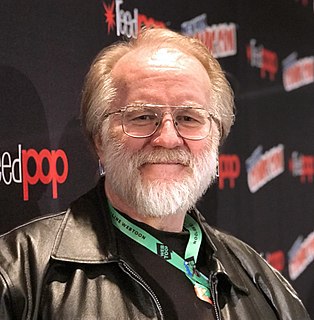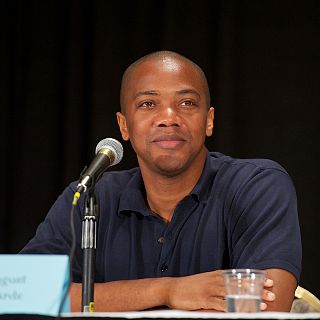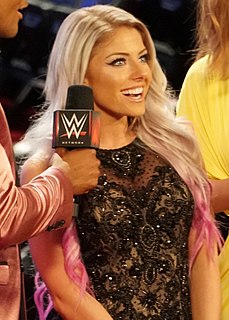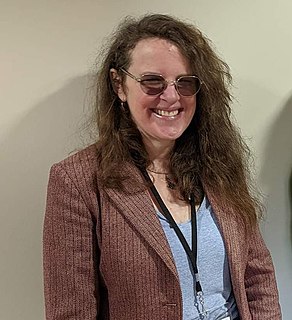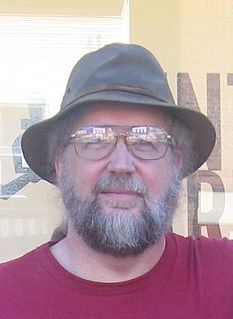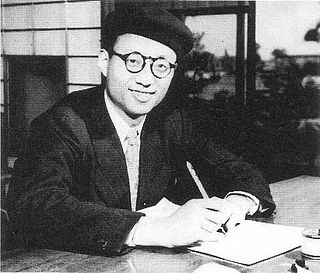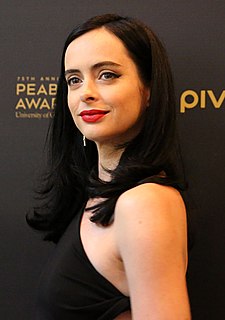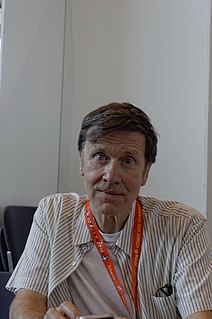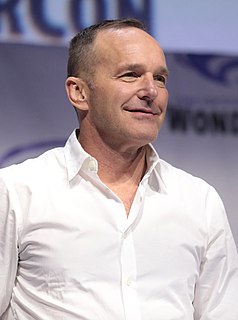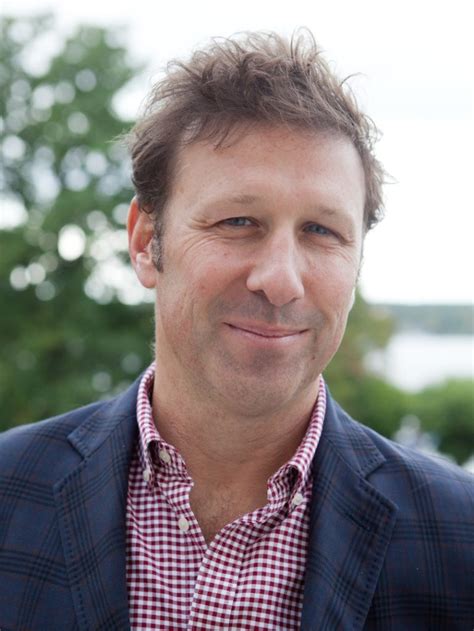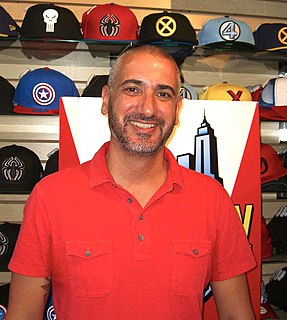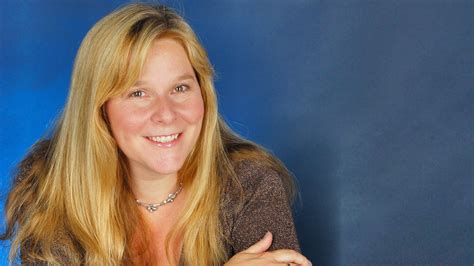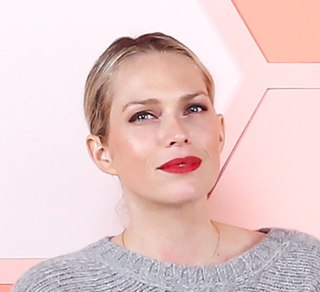Top 1200 Marvel Comics Quotes & Sayings - Page 2
Explore popular Marvel Comics quotes.
Last updated on November 17, 2024.
I quit comics because I got completely sick of it. I was drawing comics all the time and didn't have the time or energy to do anything else. That got to me in the end. I never made enough money from comics to be able to take a break and do something else. Now I just can't stand comics. . . . I wish my work would be recognized by a larger crowd of people as more art than be stuck with the cartoonist label for the rest of my life.
In the sixties, in the middle sixties, suddenly comics became this hip thing, and college students and hippies were reading them. So I was one of them, and I started reading, basically it was the Marvel Renaissance at that point. It was all their new characters, Spiderman and the X-Men and the Fantastic Four.
I’ve always thought that if comics are a part of pop culture [then] they should reflect pop culture, but a lot of the time comics, superhero comics especially, just feed on themselves. For me, comics should take from every bit of pop culture that they can; they’ve got the same DNA as music and film and TV and fashion and all of these things.
In early comics, you see the amazing awkwardness and bizarre reasoning in the storyline, and it's because comics hadn't really been invented yet. There was no format for them to follow. They were just making it up. So I try to incorporate that kind of awkwardness in my comics quite frequently, which is odd. In some ways, I can't be as awkward as I'd like. But I do think that's one way in which my comics are unusual, because I will try to make the artwork look bad, occasionally.
I became a writer through drawing first and then a comic book obsession - Marvel Comics, in particular. I invented a world of superheroes starting in third grade with my classmate, Wai-Kwan Wong. In a classroom of forty kids, let's just say there was a lot of undirected time. But this was good because I was a dreamy boy.
I remember attending Toronto Comicon shortly after the release of Captain Marvel and seeing a five-year-old girl who'd come in a handmade Captain Marvel outfit with her hair moussed up - and I totally got the need for this book, for this hero. Someone who looks like her, and acts like her. So, in a way, Captain Marvel helped pave the road to the expanded role of female leads.
The comics I read as a kid were all about guys in tights. But here was a guy who wore a fedora. He fought crime like they did in Marvel and DC, but he did it in the real world. I had just turned 12 when I met the Spirit and it was a strange coincidence. At the same time I discovered girls I fell out of love with guys in tights.
When I was a kid, back in the '40s, I was a voracious comic book reader. And at that time, there was a lot of patriotism in the comics. They were called things like 'All-American Comics' or 'Star-Spangled Comics' or things like that. I decided to do a logo that was a parody of those comics, with 'American' as the first word.
I never feel there's anything I can't do with comics. There are certain things in comics that you can't do in any other medium: for instance, in Mister Wonderful, Marshall's narration overlaps the events as they're going on. That would be difficult in film; you could blot speech out with a voiceover, but it wouldn't have the same effect. That's always of interest, to see what new things you can do in comics form.
I still love Marvel to death and I had a great experience, and it was a really tough decision to leave Marvel. It was a very easy decision to come to DC; it was very difficult to leave Marvel. And I really wanted to draw Batman, and really, that was entirely the discussion when it came to coming to DC.
